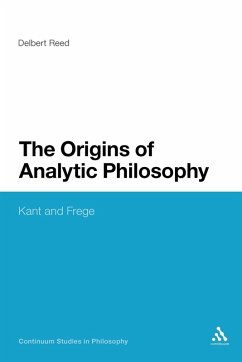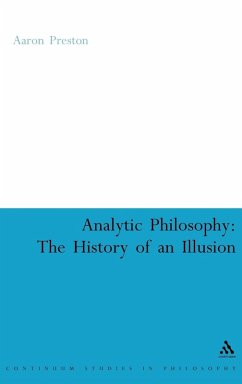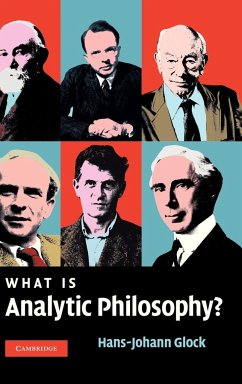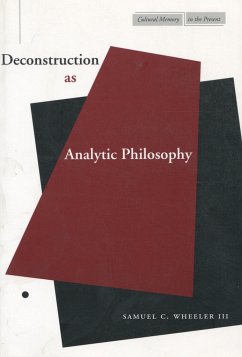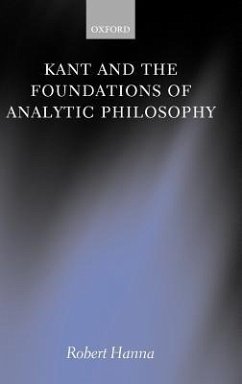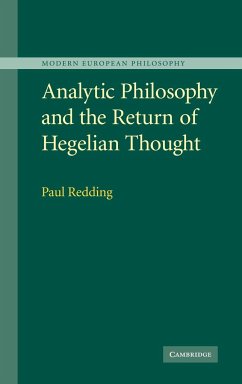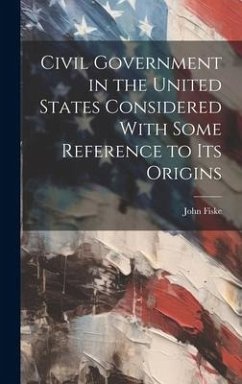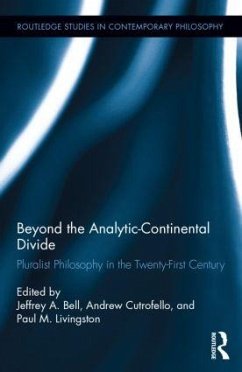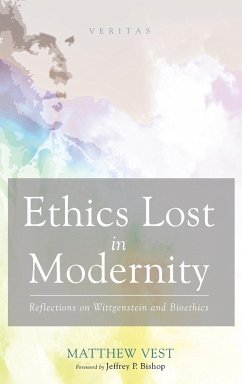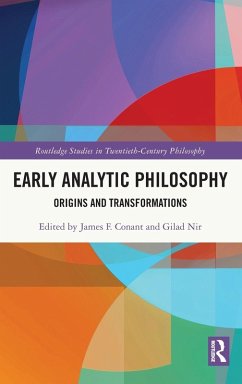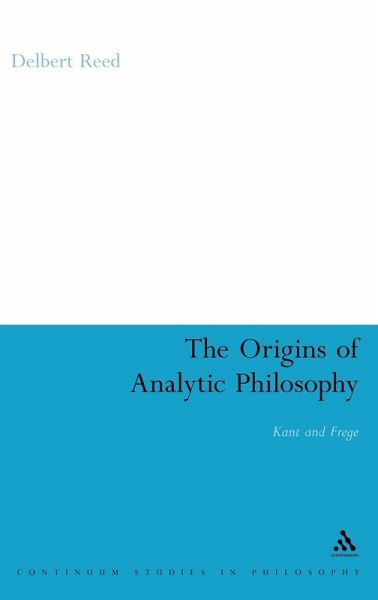
Origins of Analytic Philosophy
Versandkostenfrei!
Versandfertig in 1-2 Wochen
196,99 €
inkl. MwSt.
Weitere Ausgaben:

PAYBACK Punkte
98 °P sammeln!
Combines the methods of clarity and precision from analytic philosophy with sensitivity to the historical context in which Frege's revolutionary breakthroughs in logic and philosophy took place.Analytic philosophy has been the dominant philosophical perspective in the English speaking world in the second half of the 20th century. Grounded in the logical advances of Gottlob Frege and Bertrand Russell, analytic philosophy is characterized by logical precision, technical sophistication, and expositional clarity. Recent work in the history of early analytic philosophy has shown that in a large par...
Combines the methods of clarity and precision from analytic philosophy with sensitivity to the historical context in which Frege's revolutionary breakthroughs in logic and philosophy took place.
Analytic philosophy has been the dominant philosophical perspective in the English speaking world in the second half of the 20th century. Grounded in the logical advances of Gottlob Frege and Bertrand Russell, analytic philosophy is characterized by logical precision, technical sophistication, and expositional clarity.
Recent work in the history of early analytic philosophy has shown that in a large part it developed in reaction against the critical thought of the great German philosopher Immanuel Kant. While the relationship between Kant and other major figures in early analytic philosophy, such as Russell, G. E. Moore, and Rudolf Carnap, has been the subject of full length studies, no such work yet exists on the relationship between Kant and Frege.
The Origins of Analytic Philosophy: Kant and Frege addresses this gap in our understanding of the origins of early analytic philosophy. Its concern is to chart the nature and significance of Frege’s break with Kant over the question of whether arithmetic is a synthetic a priori or an analytic a priori science. In rejecting Kant's claim that arithmetic is an a priori synthetic science, Frege returns to a conception of the scope and power of pure reason that shows important similarities to the philosophical outlook of Kant's great predecessor and philosophical opponent Gottfried Leibniz. Here, Delbert Reed shows how, in his attempts to establish the foundations of arithmetic on analytic principles, Frege developed many of the tools, concerns and problems that would dominate the development of analytic philosophy in the 20th century. As such, this book makes a crucial contribution to the study of the history of early analytic philosophy.
Table of contents:
Introduction
Part I: Logic Old and New
Chapter 1. Kant’s Logic
Chapter 2. Frege’s Logic
Part II: Kant on Concepts, Intuitions, and Arithmetic
Chapter 3. Kant on Concepts, Intuitions, and Arithmetic
Part III: Analyticity and Fruitful Definitions
Chapter 4. Analyticity and Fruitful Definitions
Part IV: From Substance to Object
Introduction
Chapter 5. Leibniz and Kant on Substance and Relations
Chapter 6. The Context Principle and Numbers as Logical Objects
Chapter 7. Two Views on Existence
Chapter 8. Leibniz, Kant, and Frege on the A Priori
Chapter 9. Frege on Logic and Objectivity
Analytic philosophy has been the dominant philosophical perspective in the English speaking world in the second half of the 20th century. Grounded in the logical advances of Gottlob Frege and Bertrand Russell, analytic philosophy is characterized by logical precision, technical sophistication, and expositional clarity.
Recent work in the history of early analytic philosophy has shown that in a large part it developed in reaction against the critical thought of the great German philosopher Immanuel Kant. While the relationship between Kant and other major figures in early analytic philosophy, such as Russell, G. E. Moore, and Rudolf Carnap, has been the subject of full length studies, no such work yet exists on the relationship between Kant and Frege.
The Origins of Analytic Philosophy: Kant and Frege addresses this gap in our understanding of the origins of early analytic philosophy. Its concern is to chart the nature and significance of Frege’s break with Kant over the question of whether arithmetic is a synthetic a priori or an analytic a priori science. In rejecting Kant's claim that arithmetic is an a priori synthetic science, Frege returns to a conception of the scope and power of pure reason that shows important similarities to the philosophical outlook of Kant's great predecessor and philosophical opponent Gottfried Leibniz. Here, Delbert Reed shows how, in his attempts to establish the foundations of arithmetic on analytic principles, Frege developed many of the tools, concerns and problems that would dominate the development of analytic philosophy in the 20th century. As such, this book makes a crucial contribution to the study of the history of early analytic philosophy.
Table of contents:
Introduction
Part I: Logic Old and New
Chapter 1. Kant’s Logic
Chapter 2. Frege’s Logic
Part II: Kant on Concepts, Intuitions, and Arithmetic
Chapter 3. Kant on Concepts, Intuitions, and Arithmetic
Part III: Analyticity and Fruitful Definitions
Chapter 4. Analyticity and Fruitful Definitions
Part IV: From Substance to Object
Introduction
Chapter 5. Leibniz and Kant on Substance and Relations
Chapter 6. The Context Principle and Numbers as Logical Objects
Chapter 7. Two Views on Existence
Chapter 8. Leibniz, Kant, and Frege on the A Priori
Chapter 9. Frege on Logic and Objectivity




